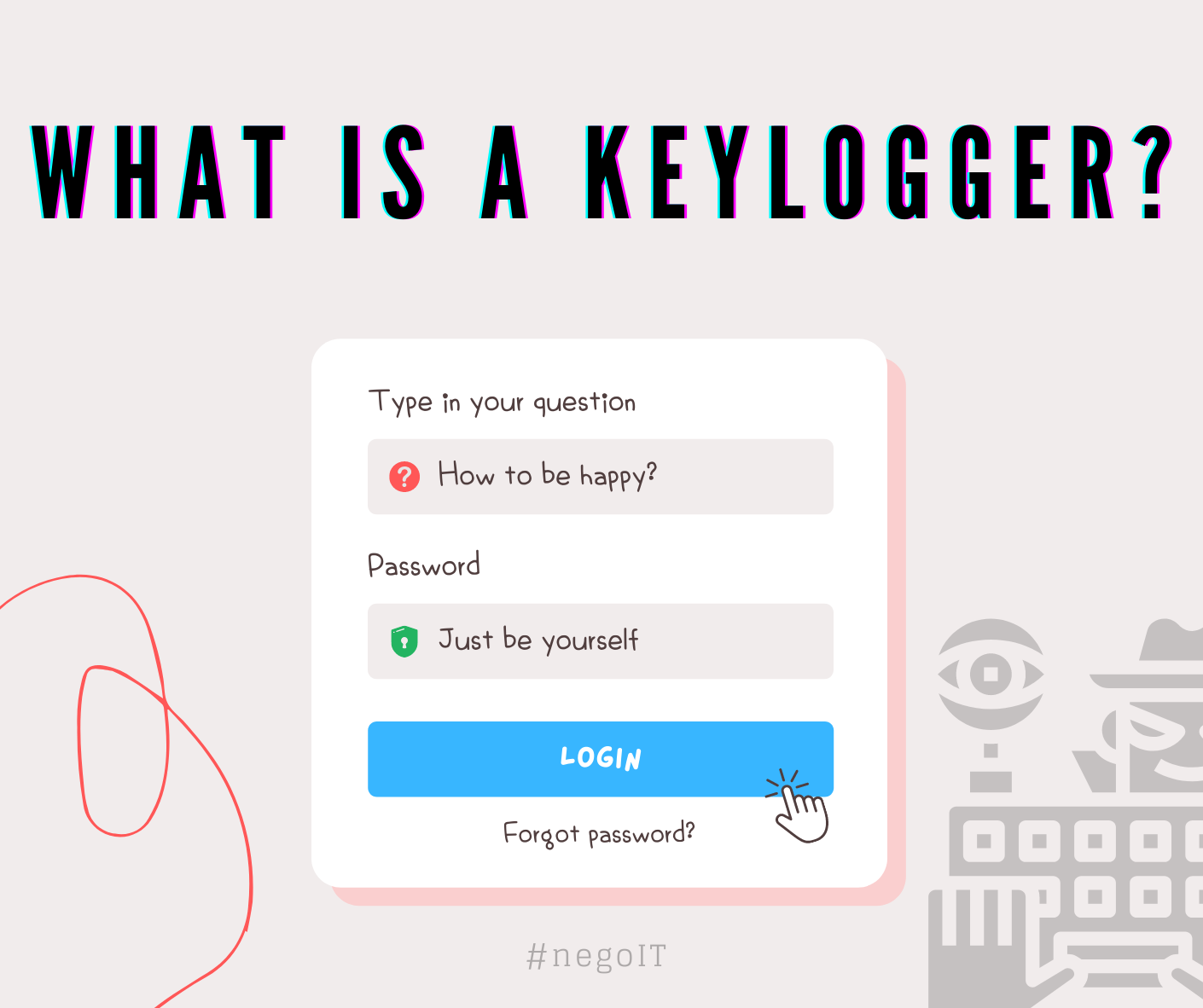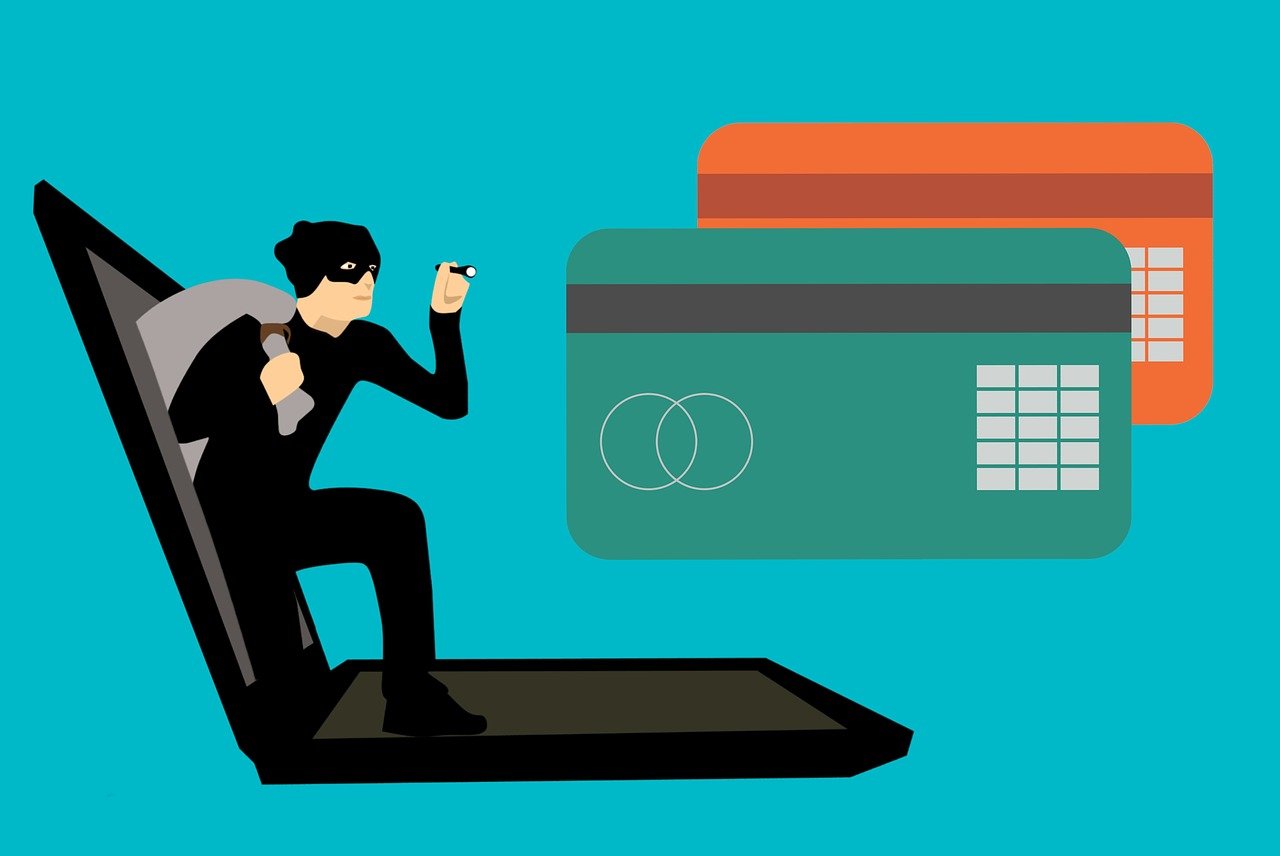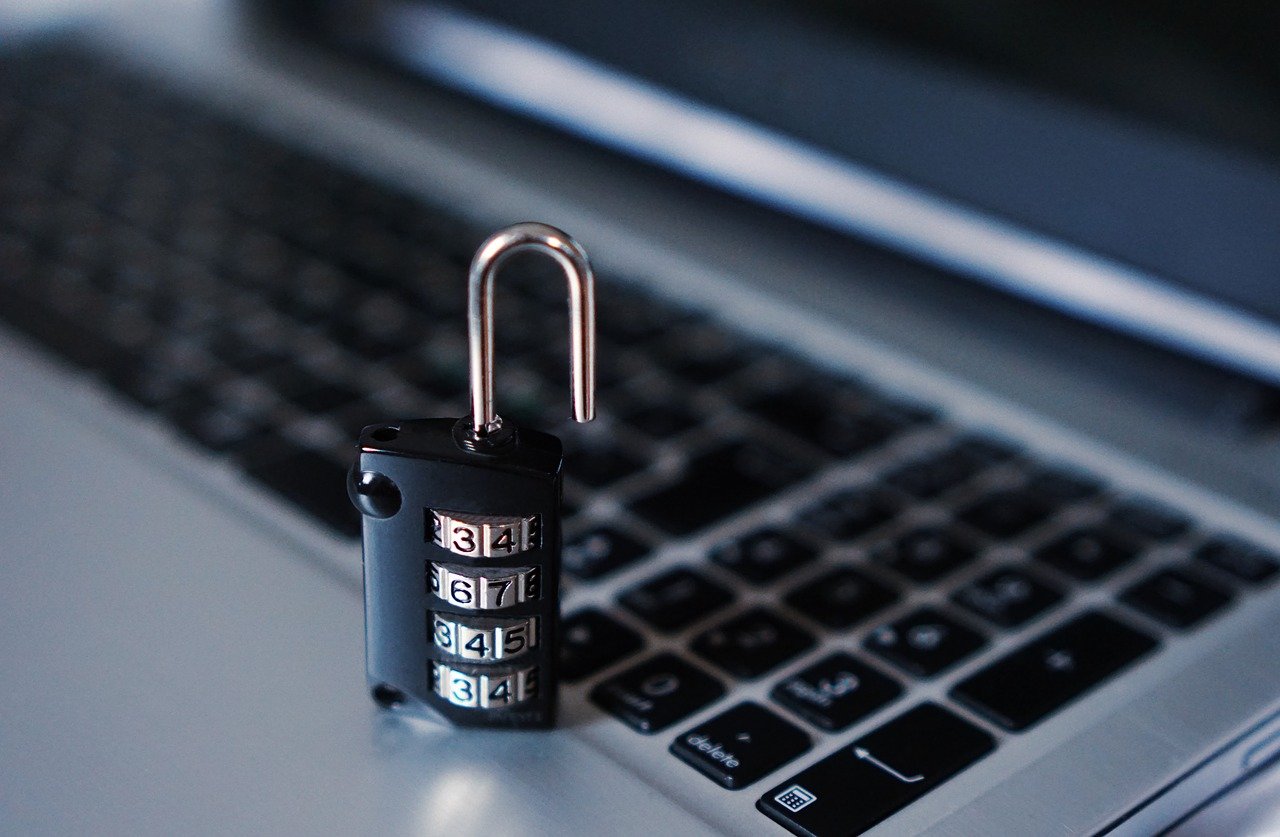
A keylogger can be software or hardware that records keystrokes on your computer, smartphone, or tablet. Keylogger malware is a type of spyware typically used in conjunction with automatic screenshot tools to grab banking and other login information and send it back to a malicious actor, usually via a file upload.
Keyloggers are also available as security software for both home and business use. However, installing a keylogger on someone else's computer or phone without permission is illegal in the United Kingdom.
Laws related to spyware.
Businesses must inform employees and obtain their written consent if keylogging is used in the workplace, establish a privacy policy, and provide all data about themselves and their activities to employees within 40 days.
Someone using a keylogger to spy on your personal life is against the law. While home users are allowed to install keyloggers on their computers or smartphones, using them to spy on or steal data from family members, roommates, or friends is usually unlawful under the Computer Misuse Act (1990) and maybe considered stalking under the Protection from Harassment Act (1997).
Parents who want to employ keyloggers to monitor their children's online activities should tell them ahead of time. Article 16 of the United Nations Convention on the Rights of the Child (UNCRC) and the Human Rights Act give children the right to keep their electronic communications private (1998).
Keyloggers with hardware
Hardware keyloggers are less common in generalized fraud, although they can be used in targeted attacks. Executive fraud and corporate espionage are examples of stalking and domestic abuse.
They're usually USB dongles that sit between the keyboard and the computer and log data to an SD card or send it via Wi-Fi to an attacker. To make them less noticeable, versions meant for deception often take the form of USB extension cables. Although these are typically used in security research and quality assurance contexts, entire keyboards have been developed with integrated keyloggers.
Detection and prevention
Keep your antivirus software up-to-date to ensure that its real-time security modules can accurately detect any keylogger malware as soon as it arrives on your system. In addition, if you're running Microsoft Defender, Windows' built-in antivirus, make sure your Windows updates are up to date as well.
Many antivirus programs provide sandboxed environments for online banking, designed to keep keyloggers and screenshots out of our software. Kaspersky Internet Security and Eset Internet Security are two examples.


Keylogging software might cause unexpected slowdowns and strange cursor behavior, particularly on lower-spec systems, but don't expect to notice it. If you see any unusual behavior, run an on-demand scan
Keyloggers are also available as security software for both home and business use. However, installing a keylogger on someone else's computer or phone without permission is illegal in the United Kingdom.
Laws related to spyware.
Businesses must inform employees and obtain their written consent if keylogging is used in the workplace, establish a privacy policy, and provide all data about themselves and their activities to employees within 40 days.
Someone using a keylogger to spy on your personal life is against the law. While home users are allowed to install keyloggers on their computers or smartphones, using them to spy on or steal data from family members, roommates, or friends is usually unlawful under the Computer Misuse Act (1990) and maybe considered stalking under the Protection from Harassment Act (1997).
Parents who want to employ keyloggers to monitor their children's online activities should tell them ahead of time. Article 16 of the United Nations Convention on the Rights of the Child (UNCRC) and the Human Rights Act give children the right to keep their electronic communications private (1998).
Keyloggers with hardware
Hardware keyloggers are less common in generalized fraud, although they can be used in targeted attacks. Executive fraud and corporate espionage are examples of stalking and domestic abuse.
They're usually USB dongles that sit between the keyboard and the computer and log data to an SD card or send it via Wi-Fi to an attacker. To make them less noticeable, versions meant for deception often take the form of USB extension cables. Although these are typically used in security research and quality assurance contexts, entire keyboards have been developed with integrated keyloggers.
Detection and prevention
Keep your antivirus software up-to-date to ensure that its real-time security modules can accurately detect any keylogger malware as soon as it arrives on your system. In addition, if you're running Microsoft Defender, Windows' built-in antivirus, make sure your Windows updates are up to date as well.
Many antivirus programs provide sandboxed environments for online banking, designed to keep keyloggers and screenshots out of our software. Kaspersky Internet Security and Eset Internet Security are two examples.


Keylogging software might cause unexpected slowdowns and strange cursor behavior, particularly on lower-spec systems, but don't expect to notice it. If you see any unusual behavior, run an on-demand scan



neiplynup
2022-10-26 00:35
674 Journal of Clinical Oncology 23, no stromectol patent